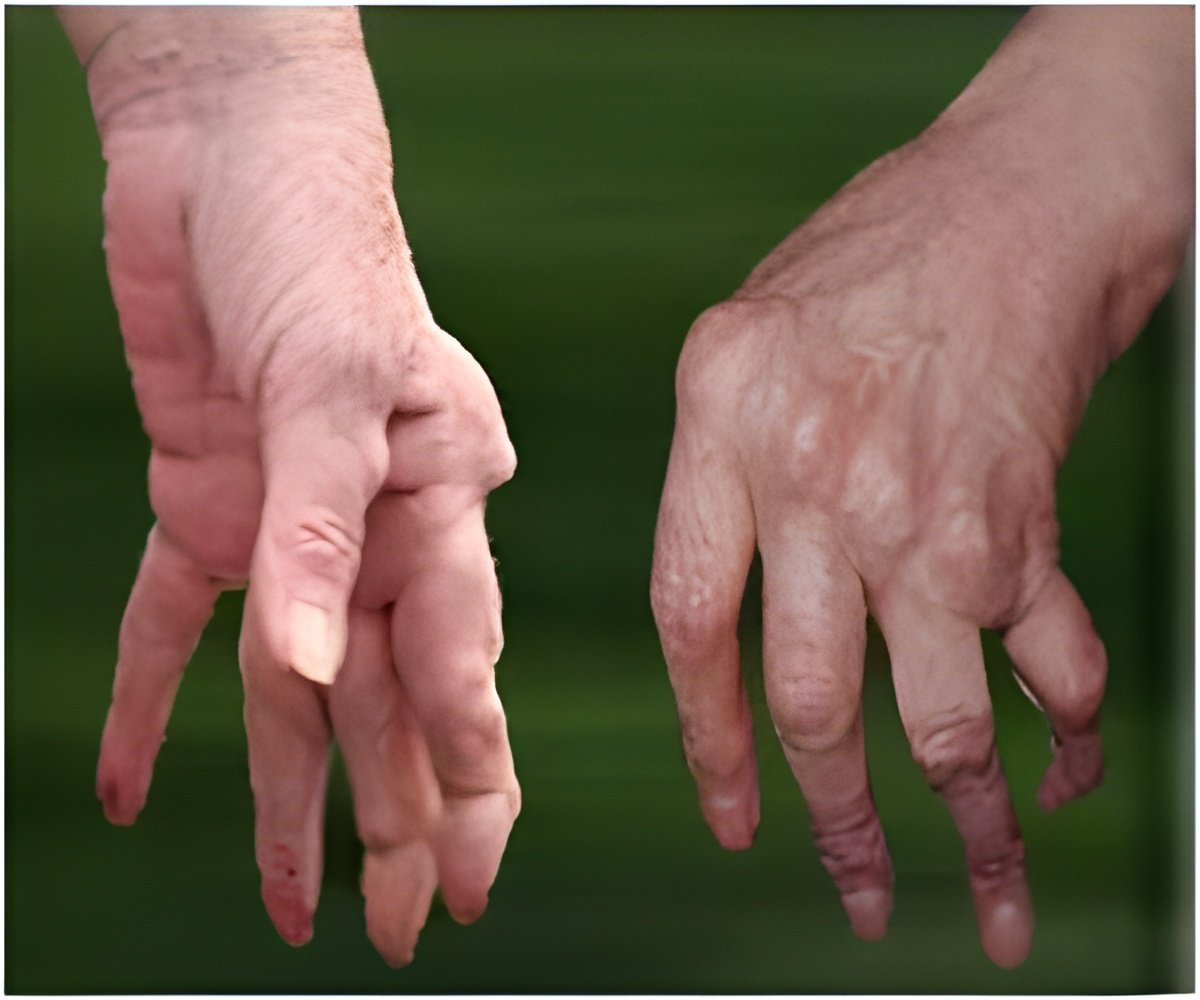Researchers have identified a way to treat inflammation while potentially minimizing a serious side effect of current medications: the increased risk for infection.

"This can change the way medication is made. If we can find a way to replace our most powerful drugs for arthritis, we might be able to develop another way to treat inflammation in other diseases that we've been unable to touch because of the danger of suppressing people's immune systems," he said.
When the body undergoes trauma or gets an infection, it responds by releasing cytokines-proteins that enter cells and unleash a three-pronged attack to kill invading bugs, hype up the immune system, and cause inflammation. While inflammation fights infection, it also produces an undesired side effect by weakening blood vessels, which can lead to swelling in the joints, brain or other areas.
Scientists long have believed that cytokines use one cellular pathway in their response to infection, meaning that drugs made to block cytokines from causing inflammation also block the immune system and the ability to kill invading bugs.
In a study with mice, Li and his research colleagues upended the one-pathway belief by showing that cytokines use not one but two cellular pathways to battle infection: one to turn on the immune system and kill intruders and a separate one that destroys the architecture of tissues and organs. Identifying the separate pathway for inflammation has vast potential for developing drugs.
"We can selectively block inflammation without making the patient immuno suppressed," Li said.
Advertisement
Li's discovery has dramatic implications for the field of rheumatology, according to Tracy M. Frech, M.D., U of U assistant professor of internal medicine who specializes in rheumatology.
Advertisement
The research was published in Nature online.
Source-ANI















